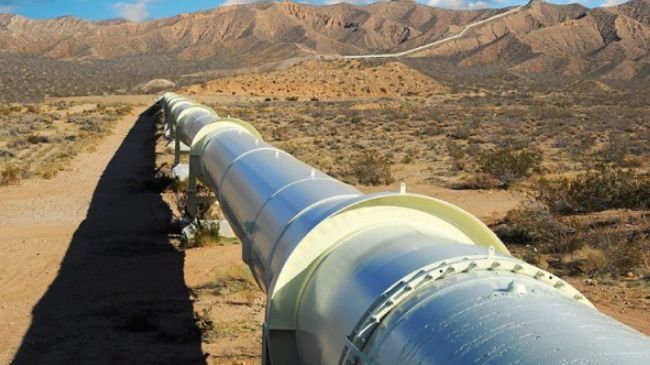
Ethiopia and Djibouti signed an agreement on Friday for the installation of 765 kilometres gas pipelines between the two countries. When completed in 2020, the pipeline will enable Ethiopia to sell its gas resource from Calub and Hilala fields in the Ogaden area of Somali Region via Djibouti Port.
Calub and Hilala fields have deposits of 4.7 trillion cubic feet of gas and 13.6 million barrels of associated liquids, both discovered in the 1970s but not yet exploited.
The agreement between Djibouti and Ethiopia comes more than a year after POLY-GCL signed a memorandum of understanding with Djibouti to invest $4 billion to build the natural gas pipeline, a liquefaction plant and an export terminal to be located in Damerjog, near the country’s border with Somalia.
Ethiopia and Djibouti are already connected via railway, electricity and water supply.
Ethiopia expects over one billion dollars annual income by selling gas to the global market.
Africa’s eastern seaboard could soon become a major global producer of liquefied natural gas, with other planned projects based on big gas finds made in Tanzania and Mozambique.



